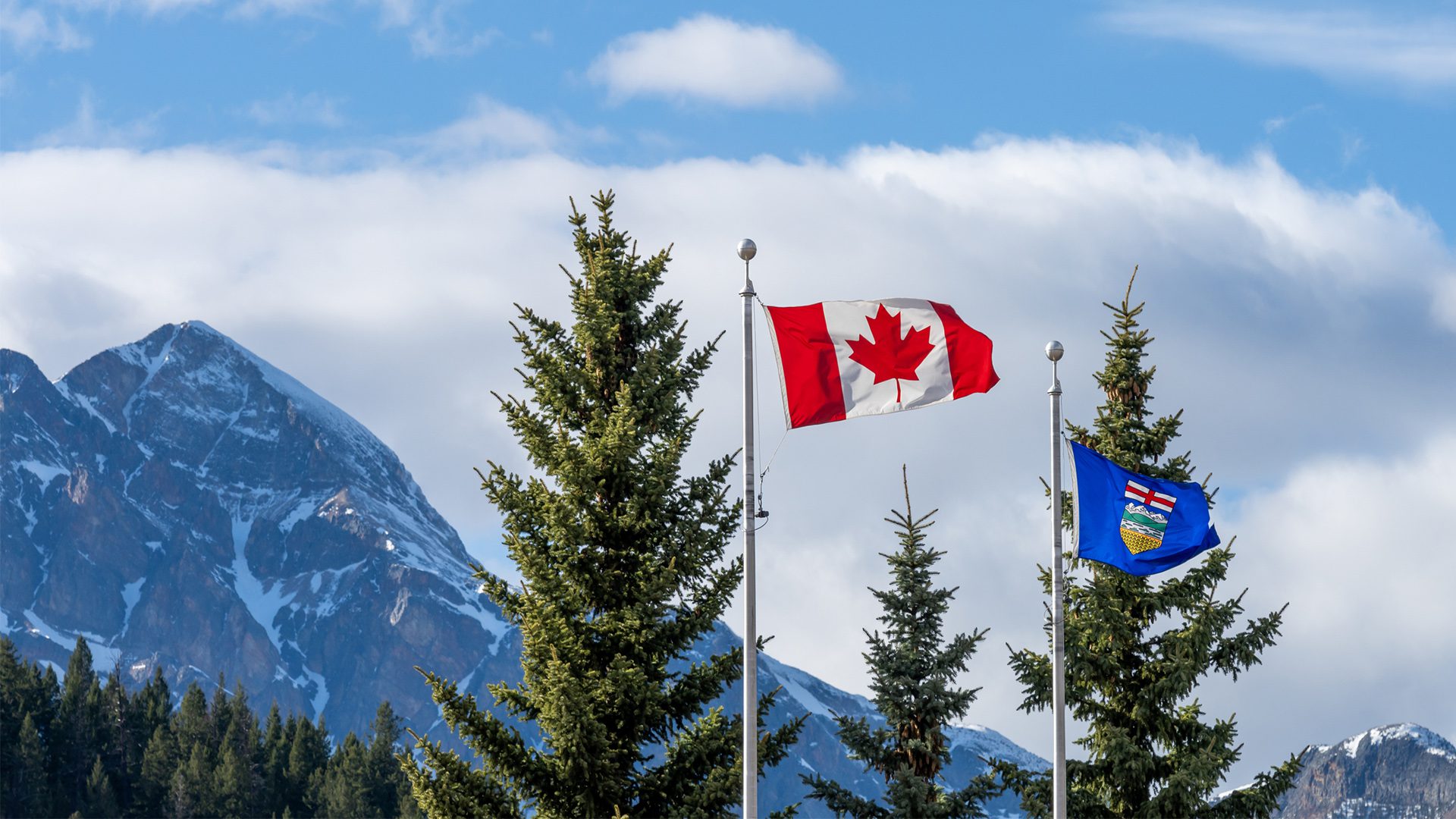Albertans, Social Values, and the 2023 Election

Posted on: Wednesday May 24th 2023
Article by: Tony Coulson
ARTICLE
BY
Tony Coulson
In Alberta’s current provincial election, very different personalities and platforms are on offer from the two leading parties: Danielle Smith and the UCP versus Rachel Notley and the NDP. The consensus view appears to be that Edmonton is a walk for the NDP, that the UCP is strongest outside of the province’s two major cities, and that the key battleground is Calgary. Recent polls tell conflicting tales, and past elections have seen significant swings.
Keen politics watchers will already know the key aspects of the platforms, will have dissected the scuttlebutt about each of the leaders, and will probably have a firm vote choice in mind for May 29th.
For those paying less attention, their vote choice will likely be based to some extent on their social values – they will vote for the leader or party they think better reflects their world view.
Edmontonians, not surprisingly, are the Albertans with the strongest belief in active government, feeling that governments are a force for good in society and seeking more, not less, government involvement. These Albertans are the most egalitarian, favouring equal gender roles and flexible (not hierarchical) relationships with youth. Edmontonians are also the most ecologically concerned Albertans, rejecting the notion that sacrificing the environment for the economy is an acceptable trade-off.
Calgarians stand out in their belief in the “Canadian dream,” seeing Canada as a land of opportunity where anyone can make it – and if making it requires risk, they’re willing to roll the dice. These Albertans see opportunities in the complexities of modern life, rather than feeling threatened by change and uncertainty. Calgarians are above average in saying they enjoy using their creative talents in their daily lives, at work and at play. They are citizens of the world, open to diverse cultures and influences and enjoy learning from others. Some in Calgary express a desire to see companies be good corporate citizens. Although they’re not quite as green as Edmontonians, Calgarians also express concern about environmental damage for the sake of economic growth.
Outside of the two major centers, we find Albertans who believe in traditional authority — that everyone should follow societal rules, and children should be taught to respect authority. There is also a higher-than-average belief in traditional families made up of a married man and woman and their children. A sense of work ethic and deferred gratification is strong here: work hard today to get ahead for tomorrow. Financial concern for the future is above average in this part of Alberta; it may be that this stress helps lead more rural Albertans to conclude that pollution is unavoidable in industrial societies, and that this is an acceptable cost of doing business. In contrast to Calgarians who enjoy creatively navigating complexity, these folks prefer simple and predictable rhythms – but amid this stability, they see themselves as vital and active, taking an energetic approach to life. Some exhibit a leaning toward authoritarian leaders who promise to set things right when it appears that traditions are threatened. In keeping with their general attachment to rules and order, some are of the view that newcomers should conform to Canadian culture first and foremost. There is also a group within this population that rejects the assumption that valid knowledge must be rational, logical, or scientific; in some cases, this values outlook is associated with belief in conspiracy theories.
These profiles are generalizations that average over many nuances of a diverse population, and the distinct qualities of smaller cities are erased by this tripartite analysis. But the values profiles of Edmonton, Calgary, and the rest of Alberta point to a province with three very distinct voting blocs. It’s hard to imagine a set of policies, or a personality, that will appeal to Albertans in all three segments.
If Calgary is the key battleground where the election will be decided, social values suggest that policies supporting entrepreneurship will be well received. Efforts to balance economic growth with environmental protection will also likely appeal to some voters there.
We won’t know who will form the next government until the votes are counted, but each of the contenders might benefit from considering how they will bridge the cleavages in Alberta’s population should they be the one elected to govern the province.





